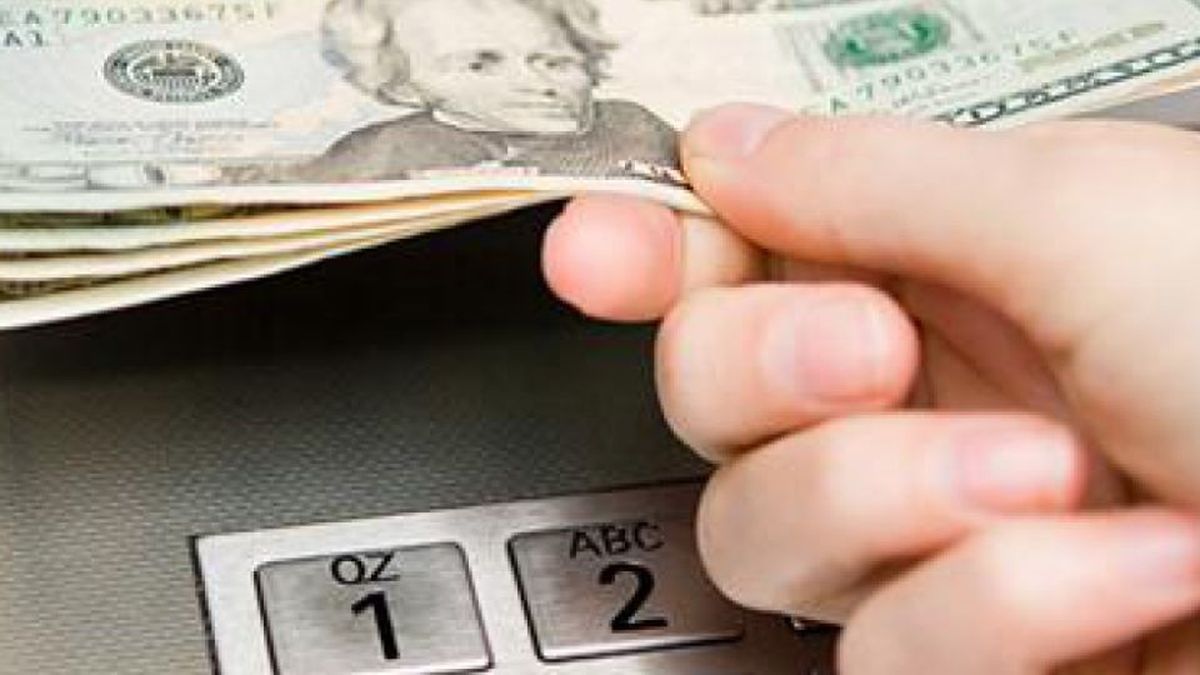11,500 orders were processed via the “MrBlow” platform. The Federal Criminal Police Office managed to arrest the group of perpetrators around Schabel in April 2021 as part of Operation “Deflate” (translated: let the air out). Shortly before that, however, Martin Schnabel pulled away.
On Saturday, mug shots of the violent and armed man were published as “Most Wanted” on the website of both the Federal Criminal Police Office and Europol. The suspect may have changed his appearance and assumed a new identity.


But his tattoos are striking: on the left breast are the “praying hands”, on the right back a man’s head and on the left lower leg a dog’s head. The police now suspect him to be in the company of a young woman in Spain. Alongside Tibor Foco, he is now one of the most wanted Austrians. Information about his whereabouts will be accepted at any police station.
“General importer for cocaine”
The man is said to have supplied the red light district with drugs for decades. According to investigators, he described himself as a “general importer of cocaine”. He is also said to have been closely connected to the masterminds at the time of the “Nokia Club”, which was designed to extort protection money in the early 2000s. He was never convicted of drug trafficking, but was tried several times for violent crimes.
For two years, the gang is said to have sold around 60 kilograms of narcotic drugs – 40 kilograms of cocaine, the rest being cannabis, amphetamine and ecstasy. Payment was made with the virtual currency Bitcoin. Over time, a profit of 2.5 million euros is said to have been made. “In between there was a huge price increase. There would also be 5.5 million euros in it,” reported an investigator who wanted to remain anonymous for tactical reasons. There have now been nine arrests, eight men and one woman.
“It’s flammable”
The group of perpetrators acted extremely professionally. Monitoring the suspects was hardly manageable because of the way they proceeded, for example jamming techniques were used to overturn the police investigative methods. According to the chief inspector, all the pieces of the puzzle were put together in painstaking work. In addition, the accomplices, some of whom have already been legally sentenced to several years in prison, are extremely afraid of the 50-year-old trained butcher. “They said, for example, that if they don’t do what he says, they’ll go for a walk in the suitcase,” the investigator reported. “They’re really scared of him, he’s a flammable hazard.” The 50-year-old, who is said to have belonged to the Vienna belt milieu since his youth, is said to have acted in the background and avoided public places. “He’s a real phantom,” said the chief inspector.
The police tracked down the group of ten in 2018. Four years ago, sporadic items containing narcotic drugs were discovered in the mail, partly because the thick envelopes were torn open. The recipients were investigated and the investigators took them to the Darknet shop “MrBlow”, where whole bricks of cocaine were unabashedly presented in order to offer the narcotic for sale. A gram was available for 75 euros. According to the chief inspector, the drug was 80 percent pure.
Customs secured shipments
During a key action in 2018 with Austrian customs, 250 shipments from the “MrBlow” shop were intercepted and seized within a few days. “It was a good two kilograms,” said the investigator. Traces of the packaging led the criminalists to the only female suspect. The 69-year-old woman used to work in the red-light district and made an additional income by packing and shipping the drugs. Her ex-husband, who also once worked in a red light bar, acted the same way. The 73-year-old pensioner provided his ex-wife with the drug that she had to send.
“As long as they can’t ship the drugs electronically, we always have an approach,” the chief investigator said. And so they set out to find out where the group got all the packaging material from. Finally, the police came across shell companies in Styria and Lower Austria, through which the material was acquired. The cars were also registered through these companies in order to disguise their ownership. A 52-year-old man from Styria acted as the troop’s accountant and logistician.
Barman as IT expert
Another acquaintance of Schabel set the whole IT on its feet. He took care of the shop side, programmed and serviced it. The former bartender even ran his own cell phone carrier service. To do this, he rented a server from a mobile phone provider to set up the encrypted system called “Fog”. The 54-year-old had already been sentenced to seven years in prison, but died in prison shortly after his guilty verdict.
The remaining four suspects may have acted as transporters of the narcotic. For example, a cannabis plantation with 2,000 plants was operated in Burgenland. The cocaine may have been sourced from South America, probably Ecuador. Except for two – a Croat and a Serb – all suspects were native Austrians.
Escape to Lignano Sabbiadoro
The group processed an average of twelve orders per day before the shop was suddenly closed in September 2020. The 50-year-old had probably noticed that investigations were being carried out against him. The others made the drugs disappear, and an accomplice is said to have helped Schnabel escape to Lignano Sabbiadoro. On April 20, 2021, there was a coordinated access by the Federal Criminal Police Office at eleven locations in Vienna and Styria. He was supported by the Cobra and Wega task forces as well as officers from the regional police headquarters in Vienna, Styria and Burgenland. Money, weapons, packaging material and over 250 IT devices were seized during 23 house searches.
The big challenge was sifting through them. “Those were really terabytes of data that we trawled through,” said the police officer. The data was encrypted, and “only a few scraps” were found, such as the “MrBlow” company logo or a photo of the 69-year-old that she had to take as proof that the drugs had been sent. “You could do a Netflix series about it,” said the chief inspector. After the 50-year-old found out about the arrests, his track was lost in April 2021, according to investigators.
Shift in the virtual space
“Online crime is very strong,” said Brigadier Daniel Lichtenegger, head of the Office for Combating Drug Crime at the Federal Criminal Police Office. “Every year we intercept around 3,000 postal items in cooperation with the customs administration and then carry out the corresponding investigations.” About ten percent of drug-related crime is related to online trading and mailing.
“In recent years, the drug trade has increasingly shifted to virtual space. The corona pandemic has intensified and accelerated this development,” said Interior Minister Gerhard Karner (ÖVP). “The Federal Criminal Police Office will continue to focus on this special form of crime and how to fight it in the future. Both through investigations and through structural measures.”
Source: Nachrichten




